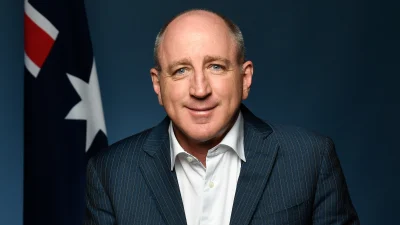Why the FSC wants to do away with SOAs


As part of its green paper proposal, the Financial Services Council (FSC) seeks to do away with “over-regulated” Statements of Advice (SOAs) and replace them with simpler, consumer-focused Letters of Advice.
Research as part of its green paper, in conjunction with consumer testing by research agency Pollinate, found two-in-three Australians supported simpler financial advice, reducing paperwork and complexity – as long as consumer protections weren’t eroded.
Zach Castles, FSC policy manager for advice, said the FSC had proposed to bring in a Letter of Advice that would have a similar set of requirements to SOAs, but be directly scalable.
“So the advice experience or the document that is given to consumers is more built around what they would expect and what they need, rather than backing them in various forms of disclosure,” Castles said.
Castles said there was not a desire to go back to wholesale deregulation and that was not where the industry was at.
“But there is a strong desire for advice that’s easy to understand and a seamless consumer experience,” Castles said.
“People do want the protections to be maintained, but at the same time, the message from the research is we need to think about the format of that and what is actually being kept in the file notes.”
Consultation on the FSC green paper was open until 1 July, 2021, which they intended to use to finalise a policy position for a white paper later this year.
Sally Loane, FSC chief executive, said the organisation was keen to hear from a wide range of stakeholders, particularly advisers.
“As leaders in policy development, we have a great opportunity to re-set the system for affordable, quality and professional financial advice, a critical component in enhancing the savings, wealth and peace of mind for every Australian,” Loane said.
“The status quo will mean advice will consolidate in the wealthy elite, and will remain out of reach for the average consumer.”
The green paper research also found:
- That while 26% of consumers had sought financial advice, 42% remained open to it but felt they could not afford it or access it;
- If you had purchased financial advice today you were more likely to be in your 60s and earning a six-figure income than someone who was renting their own home or living with their parents;
- If you were considering purchasing financial advice but had not yet done so, you were more likely to be female in your mid 30s living in an area like inner city Melbourne or Sydney; and
- If you were in your 50s and had limited levels of education you were statistically unlikely to had ever sought financial advice.
Recommended for you
A relevant provider has received a written direction from the Financial Services and Credit Panel after a superannuation rollover resulted in tax bill of over $200,000 for a client.
Estimates for the calendar year 2024 put the advice industry on track for a loss in adviser numbers as exits offset gains from new entrants.
Adviser Ratings shares five ways that financial advice changed in 2024 with an optimistic outlook for 2025, thanks to the Delivering Better Financial Outcomes legislation.
National advice firm Invest Blue has announced several acquisitions, including the purchase of an estate planning and wealth protection business Lambert Group.















